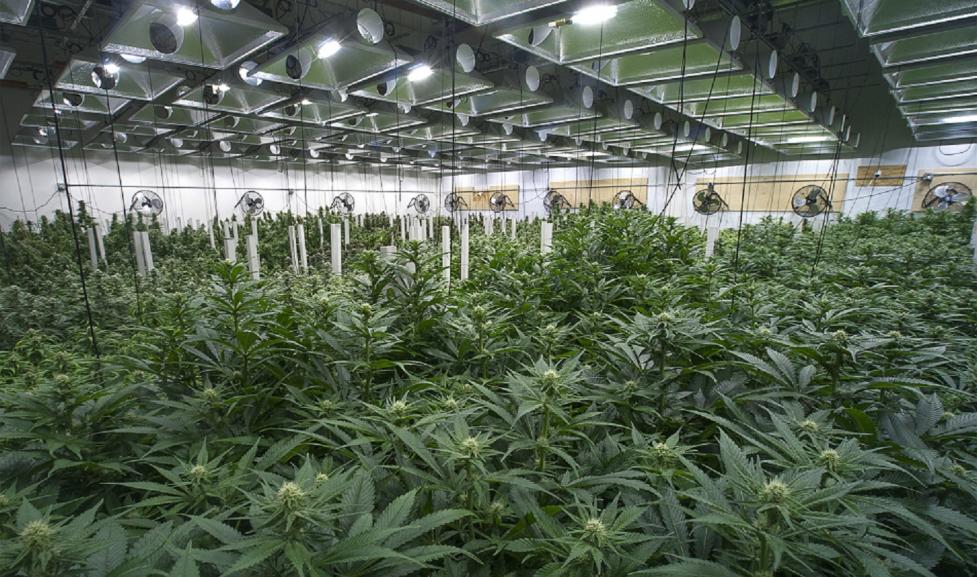Industrial cultivation often relies on a complex and energy-intensive system – requiring enough electricity to comprise 2% of Boulder’s total energy use and 1.3% of Colorado’s annual emissions.
Grow lighting and the heating and cooling of indoor grow facilities drive up energy use. This energy demand is greater in states like Colorado that have variable climates and require more electricity to heat or cool air.
While this is a budding challenge in many communities, the City of Boulder, Boulder County and local growers have been at the forefront of reducing the environmental impact of this important industry.
The city and county reduce the industry’s carbon footprint through regulations that require local cannabis cultivation businesses to track, report and offset 100% of their electricity use. Businesses can complete the offset requirement by installing solar on-site, subscribing to a verified local solar garden or purchasing offsets through the city’s Energy Impact Offset Fund (EIOF). Cultivators operating outside the City of Boulder must fulfill this requirement by contributing to the Boulder County Cannabis Energy Impact Offset Fund.
